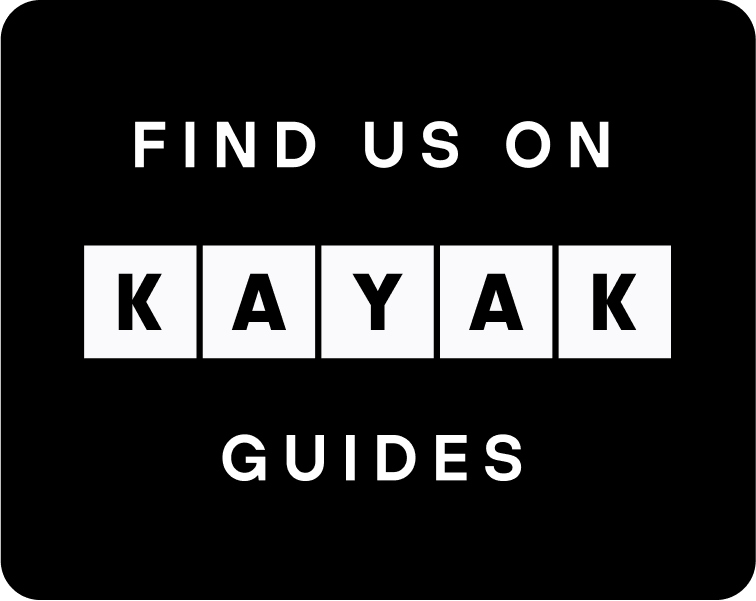
Ethical Elephant Sanctuaries in Chiang Mai
From Chains to Freedom:
Tucked into the misty hills of northern Thailand, outside the busy streets of Chiang Mai, something remarkable is happening—quietly, without spectacle, and far from the tourist trail. Here, in the forested folds of Mae Wang district, elephants that once labored in logging camps and tourist attractions are rediscovering what it means to be elephants.
Their journey—from chains to freedom—isn’t just a story of rescue. It’s part of a global shift in how we think about wildlife, travel, and the footprint we leave behind.
Why Elephants Matter in Thailand’s Tourism Story
For decades, elephants have been central to Thailand’s tourism industry. Unaware of the complex history, many visitors participated in elephant rides or performances, believing it was a cultural experience. But behind the scenes, the story was often one of trauma—years spent in captivity, forced labor, and broken spirits.
That narrative is beginning to change.


The Rise of Ethical Elephant Sanctuaries in Chiang Mai
A growing number of travelers are seeking out ethical elephant sanctuaries in Chiang Mai, Thailand. A hands-off approach is at the heart of this shift—no riding, no bathing, no tricks—just observation, respect, and presence. The elephant sanctuary in Chiang Mai that stands out is the Elephant Freedom Project.
The Elephant Freedom Project in Chiang Mai is leading by example. Set against a backdrop of jungle-covered hills and winding rivers, the sanctuary provides a haven for elephants once part of exploitative industries. Here, the animals roam freely in herds, forage naturally, and communicate in ways that are as complex as they are moving.
Observation Over Interaction: A New Kind of Experience
Guests don’t watch elephant tricks or ride the elephants. Instead, they watch the elephants play in the mud, splash in the river, or nap in the sun. The absence of interaction is intentional—and powerful. It allows the elephants to live on their terms, without pressure or performance.
The local mahouts—elephant caretakers—play a crucial role. These men, often from nearby Karen or Hmong villages, have generations of traditional knowledge to align with modern ethical standards. The mahout’s connection to the elephants is built on consistency and care, not control. It’s very normal to see a mahout sitting quietly beside an elephant, saying nothing, doing nothing, simply being there. Sometimes that’s all it takes.
How Sanctuaries Are Changing the Way We Travel
Elephant sanctuaries like The Elephant Freedom Project are not just transforming how elephants live; they are changing how people travel and view this experience. More and more visitors are choosing to travel responsibly in Thailand, not just for the memories but because of the meaning. The sanctuary doesn’t entertain; it provides a shift in perspective.
I should say that the elephants do not perform any type of forced entertainment, however our guides and mahouts love to entertain.
There’s something deeply grounding about witnessing a five-ton animal slowly reclaim its autonomy. It reminds people—many of whom arrive burnt out, overstimulated, and disconnected—what it means to slow down, to be still, and to listen.
This is the essence of ethical elephant tourism. It’s not about doing more. It’s about doing less—and doing it with intention.

A Look into the Lives of Rescued Elephants
Each elephant at the sanctuary has a unique story, a rich history, and a special personality. Some elephants have suffered through hardship, while others were born at our sanctuary. We currently have two baby elephants—what a joy they are. Here, the elephants can roam freely, surrounded by love and respect.
Mae Sa-Morn, born in 1983, is a resilient survivor with a gentle heart. Her journey is one of strength and survival. While working in Burma, she tragically stepped on a landmine, causing a permanent injury to her right foot. She walks with a slight limp but remains strong and independent. She is calm and motherly, especially toward young elephants, allowing them to take her food without hesitation. However, she dislikes loud noises and people who are intoxicated, as she remembers past mistreatment from a drunken mahout. Her memory is sharp, and she carries wisdom and kindness in her gentle eyes.
Then there’s Pang Pak Dee, born in 2020, a playful spirit and the daughter of Mae Khum. Born at the sanctuary, she has experienced a life of freedom from day one. She is full of energy and curiosity, always exploring, playing, and showing affection toward her mahout.
These stories highlight the sanctuary’s commitment to providing a safe and loving haven for elephants rescued from forced labor and other unnatural acts. The primary mission is to care for and cherish these majestic creatures, ensuring they live in peace and dignity.
Conclusion: A Shift Toward Ethical Travel
The changes to elephant experiences in Chiang Mai reflect a movement towards ethical and responsible travel. Sanctuaries like The Elephant Freedom Project offer a refuge for elephants and the opportunity for visitors to engage in meaningful, compassionate experiences. By having guests support such initiatives, travelers contribute to a future where elephants are treated with the respect and care they deserve.
If you’re planning a visit and want to see where we’re located, you can find the Elephant Freedom Project on Google Maps. Nestled in the heart of Mae Wang, just outside Chiang Mai, it’s the perfect escape into nature — for both elephants and humans alike.



